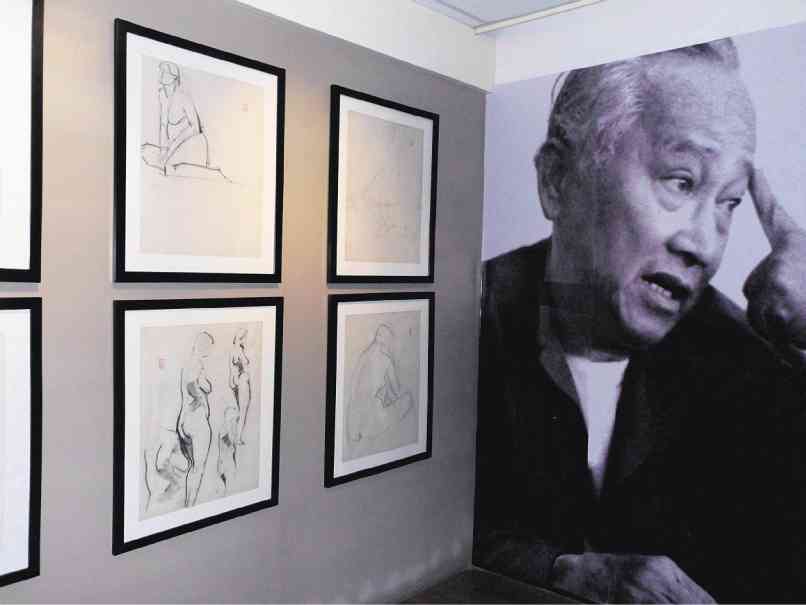Indie film is new way to promote a language

TO PRESERVE culture, the Center for Kapampangan Studies has mounted the works of National Artist Vicente Manansala (above) and produced multiawarded film “Ari: My Life with a King,” which gave best actor awards to its young star Francisco Guinto and poet Ronwaldo Martin (left).

The Center for Kapampangan Studies (CKS) also put up museums, housing the works of National Artist Vicente Manansala and mounting exhibits of national importance.
It next expanded its library and adopted the collections of, among others, historian Ambeth Ocampo. CKS also published books one after the other, including translations of five centuries-old dictionaries and grammar guides.
CKS also sends teams to mountains and coasts to understand natural history and Aeta culture. It connects with communities and schools to draw and return local histories.
Evolving
CKS has not stopped fostering the motto “Be a good Kapampangan to be a better Filipino” in the 15 years since the Holy Angel University (HAU) founded the center in 2001.
And it continues to evolve.
CKS sprang a surprise when it ventured into the indie film “Ari: My Life with a King.” (Ari means king in Kapampangan). As it turned out, this “small indie film that was finished in one week by all amateurs” was not a tiny attempt, said CKS executive director Robby Tantingco.
“Ari” managed to bring to international and local audiences the message that Kapampangan is bound to be a dying language.
Awards galore
The film, set in the Mt. Pinatubo’s ravaged town of Porac, has been winning awards, too, for artistic excellence since December last year.
Directed by hotel and restaurant management student Carlo Enciso Catu, “Ari” clinched the awards for best world film in the Harlem International Film Festival and best debut director in the All Lights India International Film Festival.
It was chosen in the official selections of the Vancouver International Film Festival and Chicago International Film Festival. It was adjudged best full feature film in the Metro Manila Film Festival’s new wave category. It also won the best screenplay for Tantingco and the best actors awards for Francisco Guinto and Ronwaldo Martin.
HAU produced “Ari” on the fifth year of Cine Kabalen through which it encouraged young filmmakers to use the Kapampangan language and local themes.
“Ari” benefited from the revival of Kapampangan films (by Kapampangan directors, language, themes or locations) such as Brillante Mendoza’s “Manoro” (The Teacher), which HAU coproduced in 2006; Armando Lao’s “Dukit” in 2013; Jason Paul Laxamana’s “Magkakabaung” (Coffin Maker) in 2014; and Bor Ocampo’s “Dayang Asu” in 2015.
The revival came after a long dearth since LVN Pictures’ “Candaba” in 1950, Sampaguita’s “Pampanggenya” in 1956, and People’s Production’s “Mekeni Abe” in 1959.
‘Ari’ brought to int’l and local audiences the message that Kapampangan is bound to be a dying language